Most drivers ignore the air conditioning filter until performance drops. This small part hides in your car, but when it clogs, airflow weakens, costs rise, and comfort disappears fast.
You can find your air conditioning filter behind the glove box, under the hood, or under the dash. Locating and replacing it improves airflow, keeps your cabin clean, and prevents strain on your AC system.
Many customers tell me they feel stuck when they cannot find their filter. I always explain that Runex Auto designs filters for easy access. Our quick-fit structure saves hours for mechanics and helps wholesalers show their clients faster installation times. Let’s go deeper into each question.
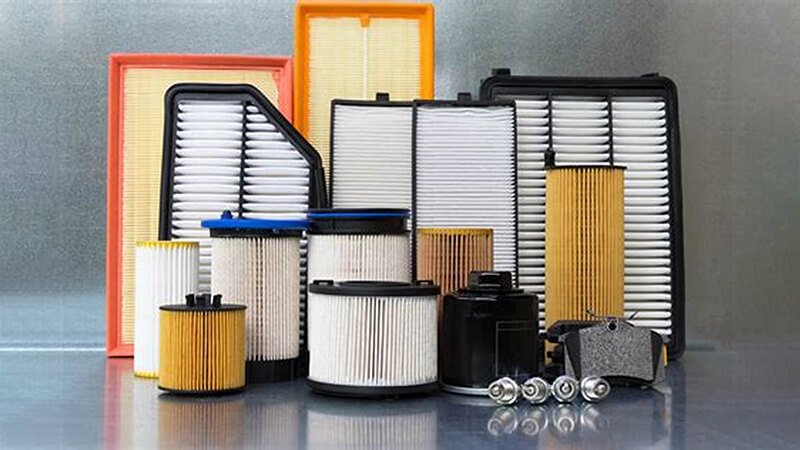
Where is my AC air filter located?
Most people panic when airflow weakens but forget that the filter sits in hidden spots. They open the hood, see nothing, and assume the system is broken. This small confusion grows into frustration.
Your AC air filter is usually behind the glove box, under the dashboard, or under the hood near the intake. Car brands differ, but most filters are placed in easy-to-reach compartments to allow simple replacement.
How Location Varies
- Behind the glove box: Common in sedans and compact cars
- Under the hood: Found near intake ducts in trucks or SUVs
- Under the dash: Less common but seen in older designs
Why Location Matters
| Location | Access Difficulty | Typical Time to Replace |
|---|---|---|
| Glove box | Easy | 5–10 minutes |
| Under hood | Moderate | 15–20 minutes |
| Under dash | Hard | 30+ minutes |
I regularly highlight that locating the cabin air filter1 is a quick-win maintenance point. Easy access helps me reassure wholesale clients that Runex Auto solutions make installation fast, boosting uptime and confidence. One distributor once told me their customers wasted hours searching for filter housings. When we introduced quick-fit guides2, the frustration ended, and installations became smooth.
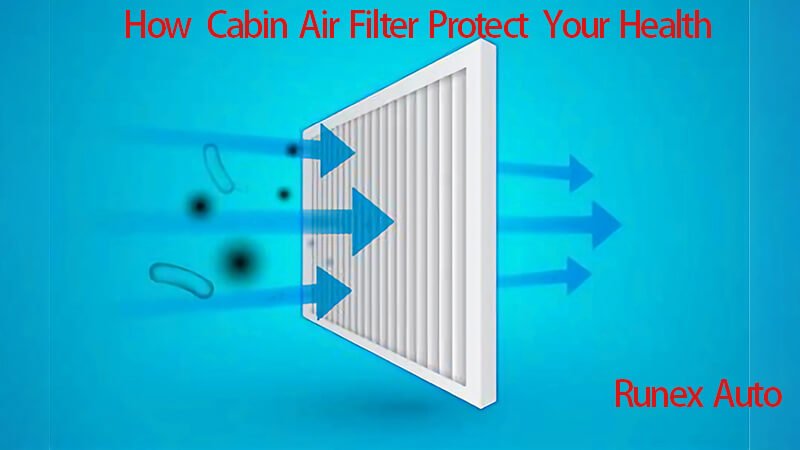
Where can I find my air conditioner filter?
Car owners often confuse engine air filters with AC filters. Both are critical, but they serve different purposes. This confusion causes mistakes during maintenance and wasted money.
The air conditioner (cabin) filter is found inside the passenger compartment, often behind the glove box. Unlike the engine filter, it cleans the air you breathe inside the car rather than protecting the engine.
Engine vs. Cabin Filters
| Filter Type | Function | Location |
|---|---|---|
| Engine Air Filter | Protects engine from dust | Under the hood |
| Cabin (AC) Filter3 | Cleans passenger air | Behind glove box/under dash |
Runex Auto Advantage
Runex Auto makes both filters but adds unique design touches for the cabin filter:
- Clear labeling for mechanics and end-users
- High dust-holding capacity4
- Tight seals that prevent leaks
- Quick-fit housings for shorter installation time
I remember when one distributor complained their customers often struggled to find the A/C filter location. We listened, redesigned the housing, and added clearer instructions. Installs took minutes instead of hours. Warranty calls dropped dramatically. That is when they realized we were not just selling filters—we were saving time.
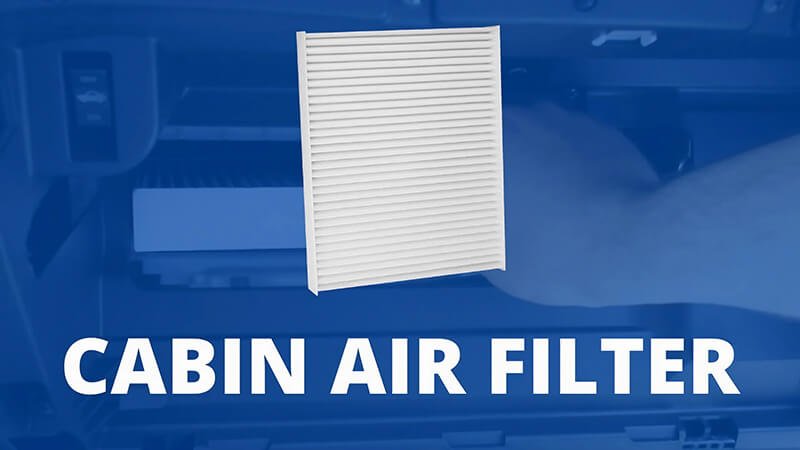
Why is my AC not blowing cold air?
Drivers assume broken AC means expensive repairs. In reality, a clogged filter is often the hidden cause. Poor airflow forces the system to work harder, wastes energy, and makes the cabin feel warm.
Your AC may not blow cold air because the cabin filter is clogged. A dirty filter reduces airflow, causes weak cooling, and forces the system to overwork. Replacing it often restores full performance.
Common Causes of Weak AC
- Clogged cabin filter5
- Low refrigerant
- Faulty compressor
- Electrical issues
Why Filters Matter First
| Cause | Cost to Fix | Frequency |
|---|---|---|
| Clogged filter | Low | Very common |
| Low refrigerant | Medium | Moderate |
| Compressor fault | High | Less common |
From my experience, wholesalers benefit when they remind workshops to check filters first. Runex Auto filters6 use advanced fiber layering to trap more dust while keeping airflow strong. This design delays clogging and ensures that the AC system breathes freely for longer. When mechanics replace a clogged filter with ours, they often call back to say: “The customer thought it was a broken AC, but it was just the filter.” That saves them money and builds their trust in us.
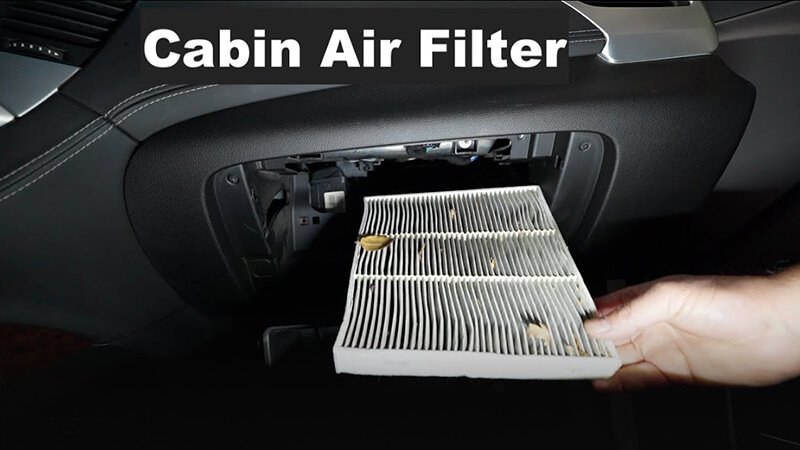
How often should I change my AC filter?
Many car owners wait until they smell something bad or feel weak airflow. By that time, damage may already have started. Filters are not expensive, but neglect is.
You should change your AC filter every 12,000 to 15,000 miles, or once a year. If you drive in dusty areas or cities with heavy pollution, you should replace it more often to keep air clean and airflow strong.
Factors That Affect Replacement
| Condition | Change Interval |
|---|---|
| Normal driving | 12–15k miles |
| Dusty roads | 6–10k miles |
| Heavy pollution | 6–8k miles |
| Allergy-sensitive passengers | 2 times a year |
Runex Auto Performance
Runex Auto filters extend intervals because of higher dust-holding capacity7. Our multi-layer media lasts longer without clogging. This is why distributors tell me our products reduce return visits. Customers enjoy cleaner cabins for longer, and workshops save on complaints.
I often tell wholesalers that recommending timely filter8 changes is not only good for the customer. It is also good business. It positions them as experts, builds loyalty, and reduces after-sales disputes. For me, a simple filter is a long-term trust builder.
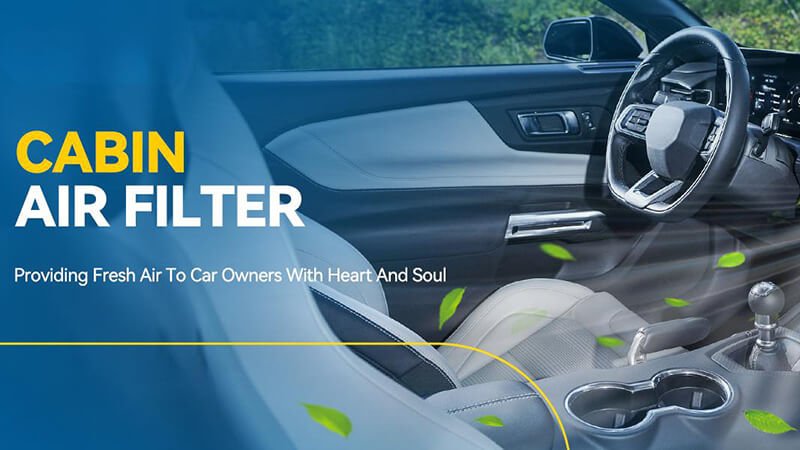
Conclusion
Finding your AC filter 9 is simple once you know where to look: behind the glove box, under the dash, or under the hood. Replacing it on time keeps air clean, prevents weak cooling, and reduces strain on your system. At Runex Auto, we make filters with quick-fit designs, high dust capacity, and strong seals. We do not only supply parts—we help wholesalers and workshops save time, build trust, and grow with confidence.
-
Understanding the cabin air filter's role can enhance your vehicle's air quality and maintenance efficiency. ↩
-
Exploring quick-fit guides can reveal how they streamline installations and reduce downtime for automotive professionals. ↩
-
Understanding the role of the Cabin (AC) Filter can enhance your vehicle's air quality and comfort, making it essential for a better driving experience. ↩
-
Exploring the benefits of high dust-holding capacity can help you choose better filters, ensuring your engine and cabin air remain clean and efficient. ↩
-
Understanding the impact of a clogged cabin filter can help you maintain your AC system effectively and avoid costly repairs. ↩
-
Exploring the benefits of Runex Auto filters can enhance your knowledge of AC maintenance and improve customer satisfaction. ↩
-
Exploring this concept reveals how advanced filters can enhance air quality and reduce maintenance costs. ↩
-
Explore how timely filter changes enhance vehicle performance, customer satisfaction, and business reputation, fostering trust and reducing disputes. ↩
-
Find the best auto air filter from Runex Auto. ↩













